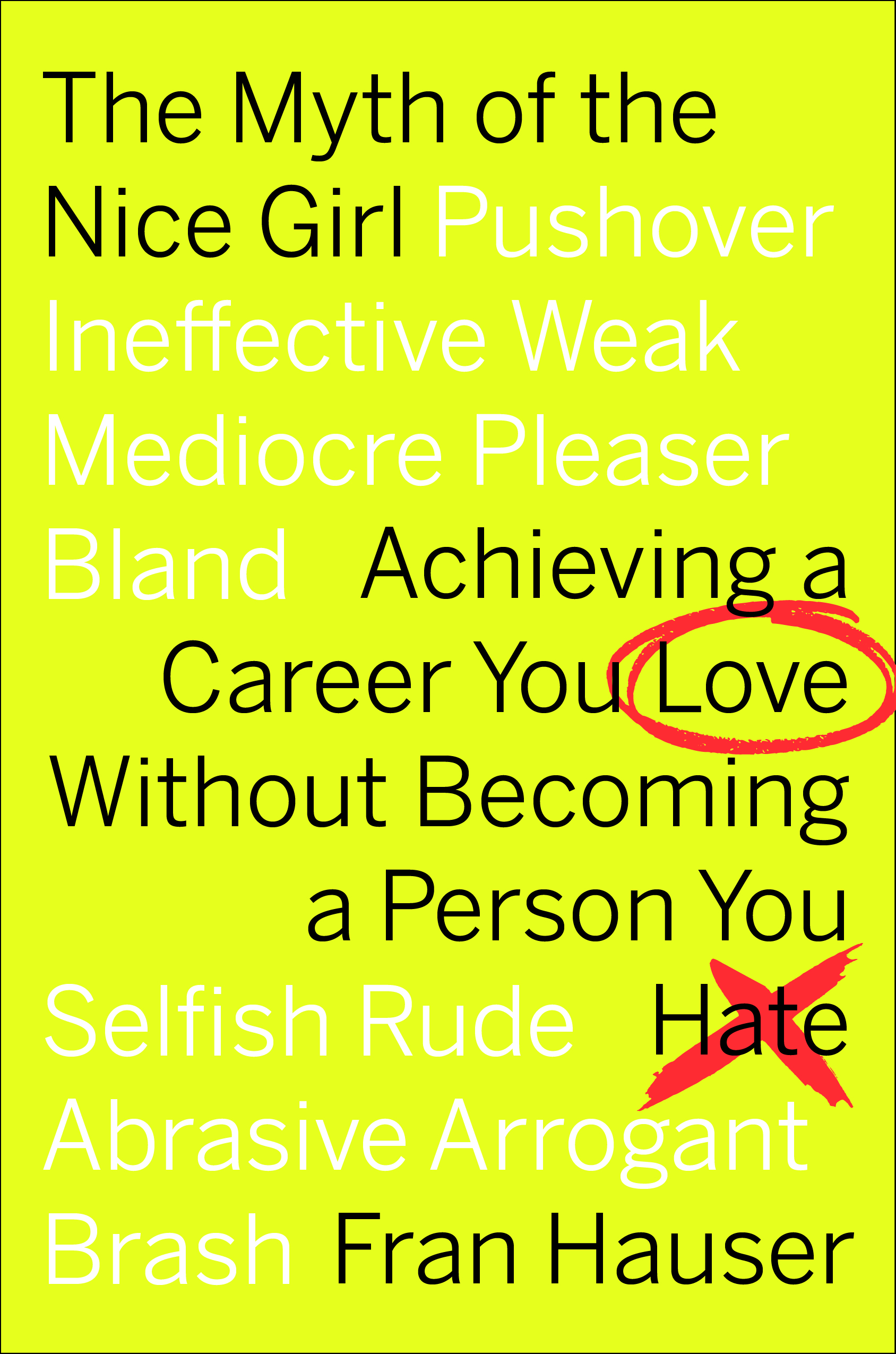
The first time I had to deal firsthand with a bully at work was when I was in my early 30s. My company was based in New York City, and my boss asked me to partner on a project with someone I immediately recognized as toxic. He was mean, he yelled, he interrupted me in meetings constantly, and he micromanaged like crazy. To make things even worse, he was completely ineffective. He frequently made big promises and never followed through.
I’ve seen bullying take on many different forms at work — not just yelling or hurling insults, but also talking behind someone’s back, sabotaging their work or spreading negative rumors. These are extremely difficult situations, and they can be even more challenging for “nice girls” like me who so value getting along with their coworkers and are often very likely to take a bully’s actions personally. (Important to note: I’m not talking about sexual harassment or abuse in the workplace, which is a related but different issue. If you’re being mistreated in that way, seek legal counsel.)
Throughout the years, I have learned to recognize that someone else’s bad behavior has nothing to do with me and then separate myself from it by acknowledging that I am powerless to change it. All I can do is act with intention. When I’ve faced situations like this, I’ve found it useful to choose one or more of the following three courses of action.
Set Emotional Boundaries
If you acknowledge to yourself that this person is a bully and are determined not to let it bother you, by all means, try and make it work. But if you do this, make sure you have people in your corner who will support you and protect yourself by setting emotional boundaries. Do not engage in drama, and never allow yourself to get swept up in someone else’s bad behavior. It takes a lot of confidence and self-knowledge to stay true to yourself in this type of environment. Often, we “nice girls” carry around a tiny seed of doubt that a conflict is somehow our fault. When a bully spots that doubt, he or she will be very likely to prey on it.
If you find yourself in a situation like this, look for allies at work who can remind you that this behavior has nothing to do with you. Then when you see it take place, simply acknowledge it — “Oh, it’s happening again,” and remind yourself that he or she is the one with the problem, not you. This is a simple but powerful way of separating yourself from the other person’s toxicity.
Call It Out

This is what I did with my work bully, and it’s a strong option if you are in good standing at your company and have supporters who will stand up for you. This takes a lot of guts, but it’s often worth it. Not only do you stand a good chance of forcing this person to improve his or her behavior, but you are also taking a step toward creating a kinder and healthier work environment.
It’s important to note that I did not report his behavior the first time he said something disparaging to me. Good people make mistakes, and this doesn’t automatically mean that they are bullies. If someone makes one insulting comment, I recommend addressing it directly and then moving on.
Here are a few phrases that I rely on when I’m dealing with someone treating me the wrong way at work:
But if the behavior is consistent, it’s time to question whether or not it constitutes bullying.
There is often a fine line between a person who isn’t as nice as you’d like and someone who is actually abusive. Some people aren’t interested in developing relationships at work and are completely focused on getting the job done, so they act demanding and cold instead of warm and fuzzy. That’s not ideal, but it’s not abusive, either. To me, the definition of a bully is someone who makes consistent personal attacks or comments that are degrading, demeaning, insulting or offensive.
If you are indeed being bullied, gather as much evidence as possible (emails, etc.), and then go to Human Resources or to the other person’s boss if you have a good relationship with him or her and calmly explain the situation. To make sure it comes across as a professional conversation rather than tattling, focus on facts and how this person’s behavior is affecting your work rather than how it makes you feel. I also recommend starting this conversation the same way as any difficult discussion—by directly saying, “This is going to be a difficult conversation,” or, “This is something I’ve been really struggling with.”
Move On
The unfortunate truth is that there are a lot of bullies who are deeply entrenched in a workplace environment and aren’t going anywhere. Sometimes it’s even your boss who is the bully. If you’ve gone to HR and the situation has not improved or you sense that the bully is well protected and has a lot of political power within the company, it may be best to start looking for another job. Ultimately, you have to weigh the pros and cons for yourself based on how much exposure you have to this person and how much it is affecting you and your work.
If you do leave your job for this reason, I recommend being candid during your exit interview with Human Resources. Tell them, “One reason I was open to other opportunities is that this wasn’t an entirely healthy work environment.” Hopefully, the company will not want to lose any more talent and will finally take care of this problem. And you will go on to bigger and better things.
Excerpted from THE MYTH OF THE NICE GIRL: Achieving a Career You Love Without Becoming a Person You Hate by Fran Hauser with Jodi Lipper. Copyright © 2018 by Fran Hauser. Reprinted by permission of Houghton Mifflin Harcourt Publishing Company. All rights reserved.
More Must-Reads from TIME
- Cybersecurity Experts Are Sounding the Alarm on DOGE
- Meet the 2025 Women of the Year
- The Harsh Truth About Disability Inclusion
- Why Do More Young Adults Have Cancer?
- Colman Domingo Leads With Radical Love
- How to Get Better at Doing Things Alone
- Michelle Zauner Stares Down the Darkness
Contact us at letters@time.com